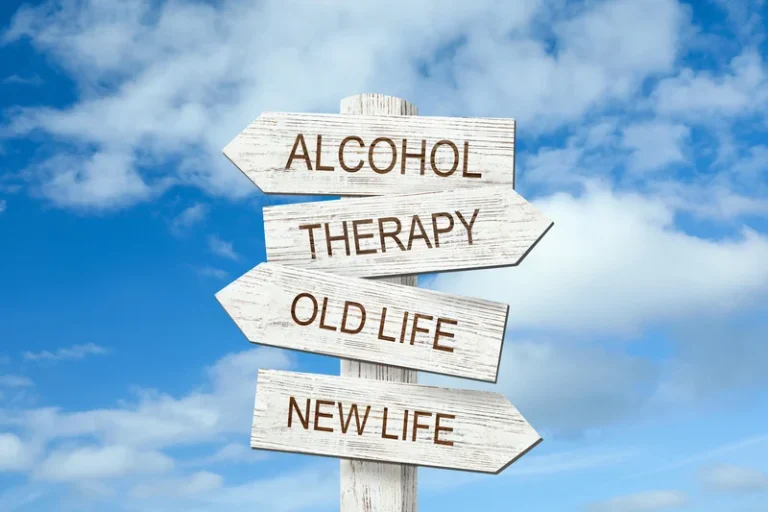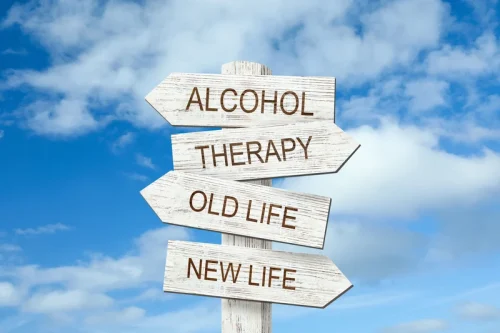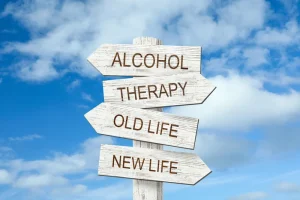
This list of “whys” serves as a Alcoholics Anonymous powerful reminder of your commitment to positive self-care. It forms the foundation of your new and exciting lifestyle choice, reinforcing your resolve and inspiring you to keep moving forward. Complex trauma and AUD are often intertwined, as childhood trauma increases the risk of developing AUD. Evidence suggests that 1–8% of people in the larger population have CPTSD. For this reason, alcohol use problems often must be part of the PTSD treatment. PTSD can affect anyone who has experienced or witnessed a traumatic event.

Health Conditions

Having PTSD increases the risk that you will develop a drinking problem. One of the symptoms of PTSD is physical, emotional, mental, or time based blackouts. Physical blackouts you find https://ecosoberhouse.com/ yourself on the floor wondering what the hell just happened.
What Are the Legal Consequences of Alcohol Abuse?

Seeking guidance from a healthcare professional or an addiction specialist can provide personalized insights into the feasibility of moderation. While alcohol may provide temporary relief, it can worsen PTSD symptoms in the long run. Because alcohol impairs our cognitive function and emotional regulation, it makes it harder for those of us with PTSD to cope with intrusive memories. Alcohol can also reinforce tendencies to avoid situations, which, in turn, contribute to more intense PTSD symptoms. There are many resources out there to help you develop coping skills so you can move forward and thrive. Set limits, be aware of your triggers, and recognize when it’s becoming a coping mechanism.
- At Heroes’ Mile, you get a personalized care plan that uses compassionate, research-based therapies administered by veterans.
- From a clinical perspective, better understanding of the correlates of blackout may help inform and tailor intervention efforts.
- This method uses open-ended questions, reflective listening, and affirmation to promote a supportive and respectful dialogue between the client and therapist.
- Addressing PTSD blackouts requires a comprehensive approach that targets both the underlying trauma ptsd alcohol blackout and the specific symptoms of dissociation and memory loss.
Mental health symptoms.
The symptoms of PTSD blackouts can vary widely among individuals, but common experiences include feelings of disorientation, confusion, and a sense of lost time. From a clinical perspective, better understanding of the correlates of blackout may help inform and tailor intervention efforts. The Veterans Health Administration (VA) prompts and incentivizes annual alcohol screening for patients using the AUDIT-C (Bradley et al., 2006). Data from this study suggest that 2 out of 3 Veterans who screen positive for heavy drinking on the AUDIT-C will report a past-year history of alcohol-induced blackout. Such screening and brief intervention efforts may be especially relevant for active duty military/service members, as rates of blackout were significantly higher among participants in this group.

Blackouts usually happen when blood alcohol concentration (BAC) reaches a level that disrupts the brain’s hippocampus, which is essential for forming new memories. When alcohol levels are high enough, the brain’s ability to record experiences temporarily shuts down, leading to memory loss. In conclusion, PTSD blackouts represent a significant challenge for ptsd alcohol blackout many individuals struggling with the aftermath of trauma. These episodes of memory loss and dissociation can have profound impacts on daily life, relationships, and overall well-being. However, it’s important to remember that help is available, and recovery is possible. Because blackouts tend to occur at high BACs, they commonly stem from binge drinking.

Identifying Blackouts
- Complete amnesia, often spanning hours, is known as an “en bloc” blackout.
- But it is thought to be more closely related to how fast it enters the bloodstream instead of solely how much someone drinks.
- During such an instance, one may unknowingly put themselves in a harmful situation.
- Engage in regular physical activity, as it has proven benefits for mental health.
- The first 5 years of counseling were focused on stopping the time blackouts.
- Yet avoiding the bad memories and dreams actually prolongs PTSD—avoidance makes PTSD last longer.
Complete amnesia, often spanning hours, is known as an “en bloc” blackout. With this severe form of blackout, memories of events do not form and typically cannot be recovered. One 2022 review investigated the effectiveness of psychological interventions, such as exposure-based therapy and CBT, for people with adverse childhood experiences at risk of PTSD and SUD. According to a 2023 study involving female participants, dissociation increases suicidal behavior and is a mediator between childhood sexual abuse and suicidal behavior.


